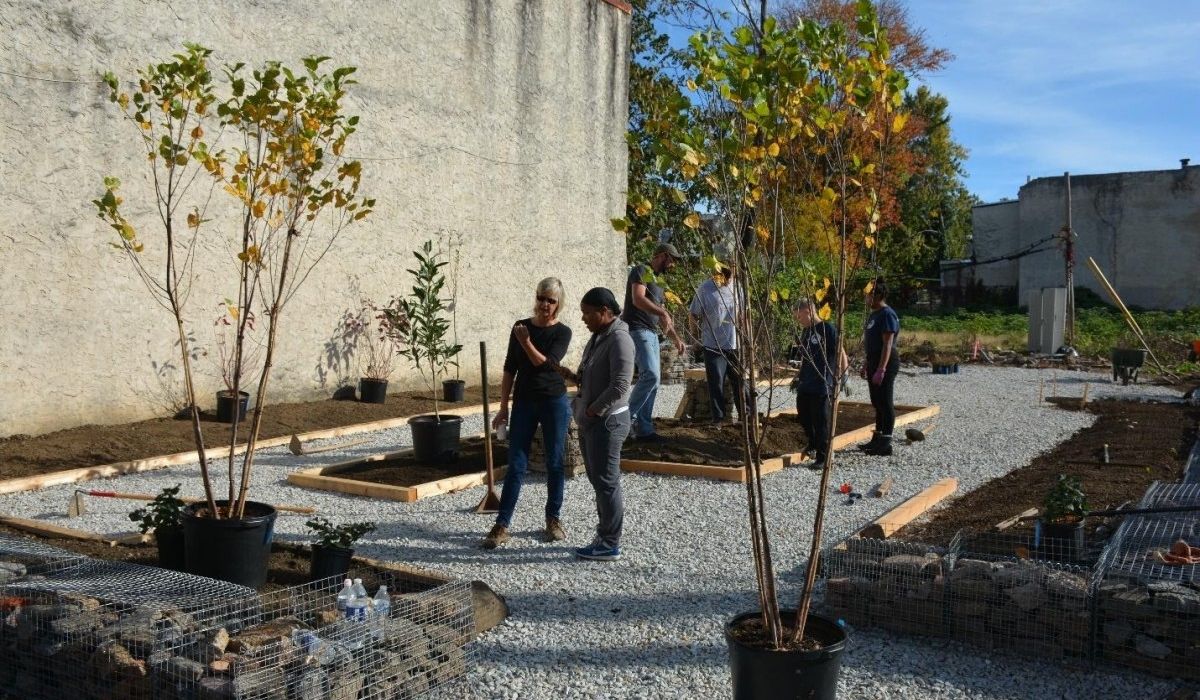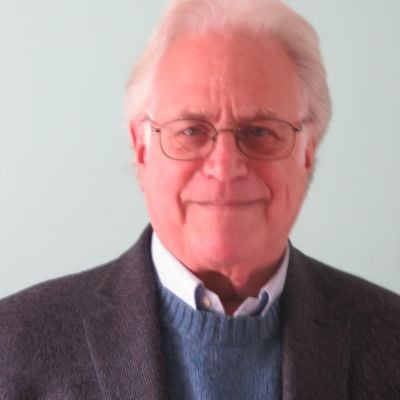
222 people have watched this webinar. Of those, 52 have contributed $861 so far. Our goal is $1,000.
As cities continue to grapple with new realities brought on by an ongoing public-health crisis, communities are finding creative ways to design and manage public spaces. The Park in a Truck Initiative at Thomas Jefferson University reimagines how social, ecological and economic networks in cities are designed, built and maintained.
August 12, 2020
As cities continue to grapple with new realities brought on by an ongoing public-health crisis, communities are finding creative ways to design and manage public spaces. In 2019, the William Penn Foundation funded a research project with Temple University that conclusively identified the community benefits of maintaining public spaces — and the harms inherent in not doing so. For example, public spaces that are not well maintained invite litter, provoke fear of criminal activity, cause stress to area residents and send the message that a community is not valued.
The Park in a Truck Initiative at Thomas Jefferson University reimagines how social, ecological and economic networks in cities are designed, built and maintained. Park in a Truck is a community-operated green network established through low-cost, fast-turnaround renovations of vacant lots. The initiative not only improves environmental, social and physical health in under-resourced neighborhoods, but also unites efforts to keep these spaces intact and helps residents take the lead in revitalization and reinvestment efforts.
So far, they have built one park, with three more in the works. A park ambassador program has been implemented that pays local youth to program and maintain the parks. Park in a Truck has also completed an open-source toolkit that gives communities step-by-step instructions for how to design, build and maintain a park of their own.
“Simply living near a park makes you healthier.,” says Douglas. “Exposure to green spaces boosts mental health and psychological well-being and helps reduce blood pressure, decrease cardiovascular disease mortality, increase social well-being, and promote positive health behaviors. Philadelphia needs more parks in under-resourced neighborhoods.”
Kim Douglas is the Director of the Landscape Architecture program and Director of the Lab for Urban and Social Innovation at Thomas Jefferson University. She was recently awarded the Anton Germinshuzen Stantec Term Chair in Landscape Architecture, which allows her to continue research on the effects of contact with nature on children.
Presented in partnership with:

20th Anniversary Solutions of the Year magazine

May 19, 2021
_400_400_s_c1.png)
November 8, 2023

March 31, 2021

February 20, 2019